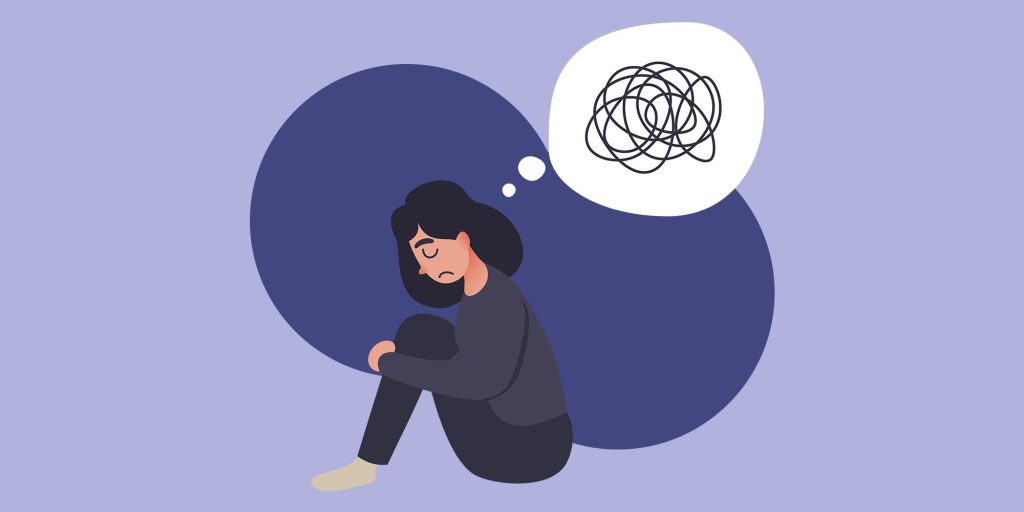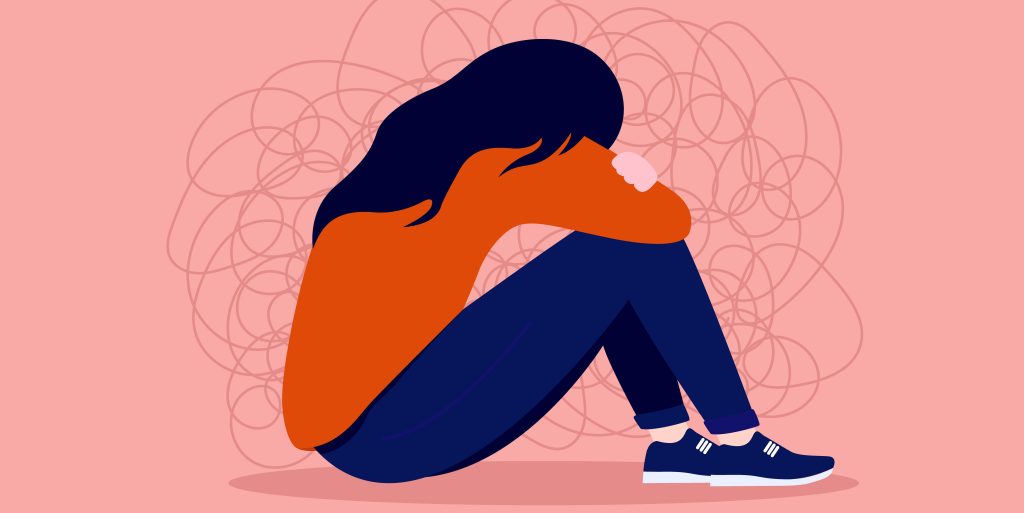

“No problem can be solved from the same level of consciousness that created it”. Albert Einstein
Anxiety is a natural response to stress or perceived threats, characterized by feelings of worry, fear, or apprehension. It can manifest in various ways, including physical symptoms like increased heart rate, sweating, and difficulty concentrating. While everyone experiences anxiety occasionally, excessive or persistent anxiety can interfere with daily life and may be classified as an anxiety disorder. Common types include generalized anxiety disorder (GAD), panic disorder, social anxiety disorder, and specific phobias.


Psychotherapy involves a collaborative effort between psychologists and patients to identify specific issues and develop effective coping strategies for managing anxiety. During sessions, patients learn and practice new skills, which they are encouraged to apply in real-life situations that may cause discomfort. Psychologists ensure that patients are prepared before introducing them to challenging scenarios. In addition to Cognitive Behavioral Therapy (CBT), we may use other methods, such as group therapy, where individuals with anxiety disorders can connect and support one another while addressing their concerns. Family therapy can also play a significant role by helping family members understand a loved one’s anxiety and learn ways to interact that do not reinforce anxious behaviors. This approach is particularly beneficial for children and adolescents dealing with anxiety. Anxiety disorders are highly treatable. Many patients see a significant reduction or complete alleviation of symptoms after just a few months of therapy, with improvements often noticeable within the first few sessions.
What to Expect in Therapy Sessions
In the beginning, our focus will be on identifying the most pressing symptoms you’re experiencing and equipping you with coping techniques to manage them. Once you feel more grounded, we can explore the underlying causes of your anxiety.
Psychotherapy for Anxiety May Include:

We utilize a range of evidence-based therapeutic methods for treating anxiety. Cognitive Behavioral Therapy (CBT) is a well-established and effective treatment. Once we identify the primary ways your anxiety shows up—whether emotionally, cognitively, or physically—we can examine how your thoughts, feelings, and behaviors interact, keeping you trapped in an anxiety cycle. Breaking this cycle can reduce symptoms and encourage more balanced, realistic thinking.
We may also incorporate Acceptance and Commitment Therapy (ACT), which focuses on helping you accept difficult thoughts and feelings rather than trying to eliminate them. ACT will teach you to live in accordance with your values, while learning to reduce the power anxiety has over you. Eye Movement Desensitization and Reprocessing (EMDR) therapy can help identify and shift the core negative beliefs fueling your anxiety, promoting greater confidence in your ability to handle life’s challenges.
Therapy can help restore peace and calm. You’ll learn practical strategies to cope with difficult thoughts, emotions, and physical sensations, reducing the likelihood of future overwhelm and giving you hope for lasting change.

Welcome to Psychology and Beyond, LLC. Our core values include a celebration of diversity, a strength-based approach, and connectedness.
Seamlessly visualize quality intellectual capital without superior collaboration and idea sharing listically
© 2022 • Psychology and Beyond, LLC
Design and Developed by Algor Labs brand of Split Arts